Housing Costs Heading Toward Record Highs After Pandemic Decreases
Housing prices are once again climbing to record highs in New York City after seeing substantial decreases during the pandemic, and many tenants renewing leases are being left on the hook for enormous increases in rent that they did not foresee when renting their apartment at the height of COVID-19’s rampage through the city.

Bed Stuy. Photo by Susan De Vries
Housing prices are once again climbing to record highs in New York City after seeing substantial decreases during the pandemic, and many tenants renewing leases are being left on the hook for enormous increases in rent that they did not foresee when renting their apartment at the height of Covid-19’s rampage through the city.
In Brooklyn, average rent prices peaked in April 2020, at the height of the pandemic in the city, at $3,533, according to real estate firm Douglas Elliman, which produces monthly reports on rental prices in Manhattan, Brooklyn, and northwest Queens. Afterwards, rents tumbled substantially citywide as hundreds of thousands of people fled the five boroughs for less crowded locales to ride out the pandemic, leaving landlords with an unexpected glut of vacant properties. Rents in Brooklyn bottomed out in January 2021, when the average rent was $3,008 according to Douglas Elliman. That month, vacant housing inventory had increased by 150 percent over a year prior.
It was only short-lived, however, as rents have been on the increase ever since as mass vaccination and testing made the pandemic a less deadly, all-encompassing threat in the eyes of many, leading many who left to return. In Brooklyn, average rents in January of this year were $3,162, up 5 percent from their nadir a year ago. The increase has been most pronounced in studio apartments, according to January report from Douglas Elliman; average studio rent in January was $2,567, up over 25 percent from $2,050 in January 2021. Vacant housing inventory is down 86 percent from last year.
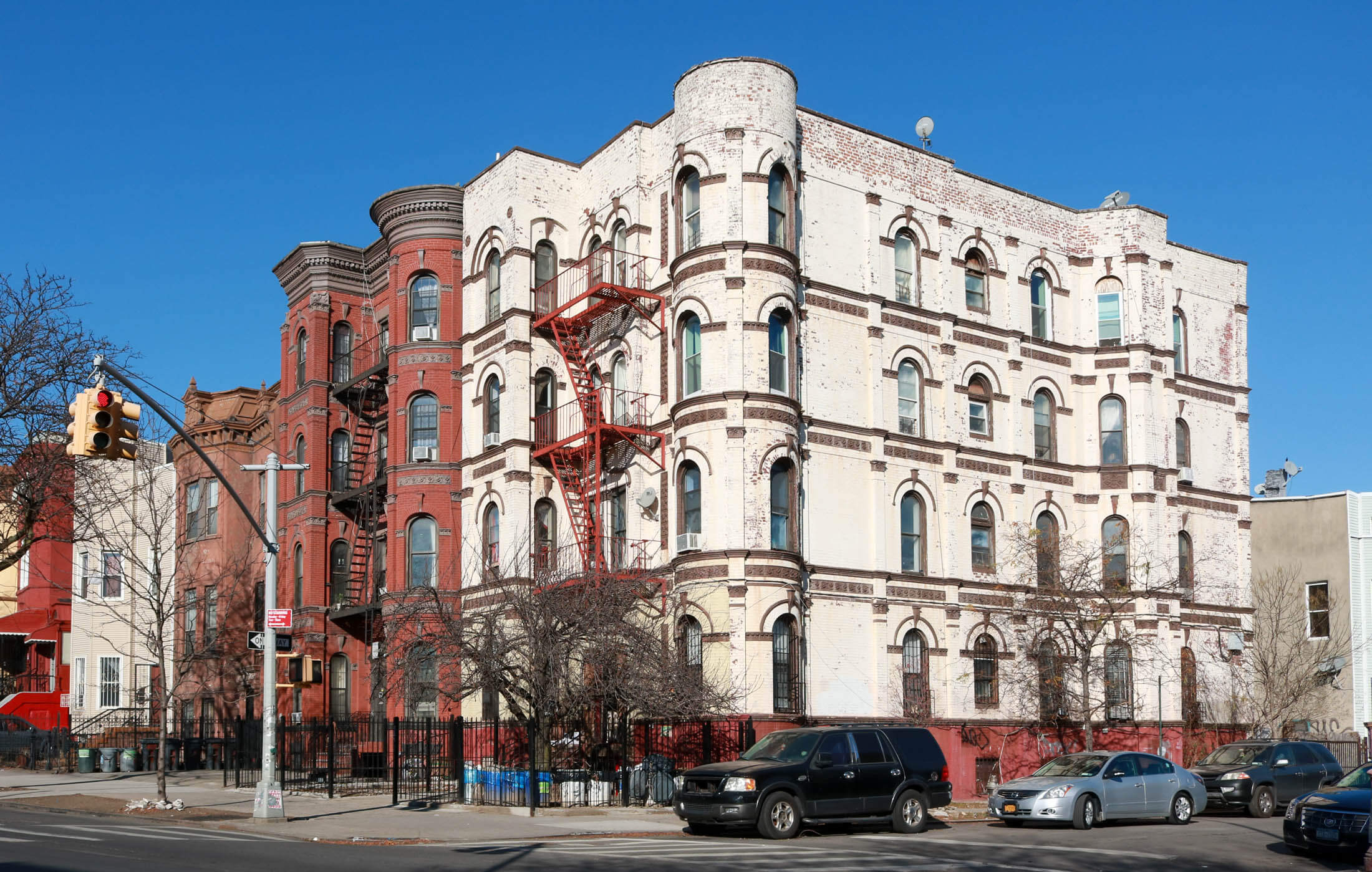
The increase has been even more massive in Manhattan, where rents are almost back to where they were before the pandemic. Average rent in January in Manhattan stood at $4,570, a massive 16.9 percent increase from the $3,909 average in January 2021.
Last summer, New York overtook San Francisco as the most expensive city in the U.S., according to apartment search website Zumper. The Big Apple has maintained its lead over the Bay Area tech hub, with one-bedrooms renting for an average of $3,100 in New York versus $2,930 in San Francisco this month, according to Zumper.
Sales, meanwhile, never quite took the tumble that rents did in Brooklyn: Douglas Elliman’s fourth quarter 2021 report for Kings County pegs the average home sale price at $1,178,237 — an 11.7 percent increase over the fourth quarter of 2020, for co-ops, condos, and 1-3 family homes. Sales prices fell dramatically during the second and third quarters of 2020, but quickly rebounded to continue an upward trajectory.
Everything is too damn high
While New York is no stranger to exorbitant housing costs, it has not been alone in seeing a dramatic rise in dwelling prices. Real estate analytics company CoreLogic reports that nationwide, home prices increased by an average of 19 percent this January over last. The increase in housing prices echoes increases in items such as groceries and gasoline, owing to rates of inflation not seen in America in decades and myriad supply chain issues distorting the global economy.
Ann Korchak, president of Small Property Owners of New York and the owner of two converted brownstones in Manhattan each containing 10 units (which have been in her husband’s family for several generations), said that most of her bills have increased during the pandemic, some quite dramatically, even as rents dropped. She attributed rising rents, especially in units owned by small landlords, to those increased costs in addition to the restoration of demand.
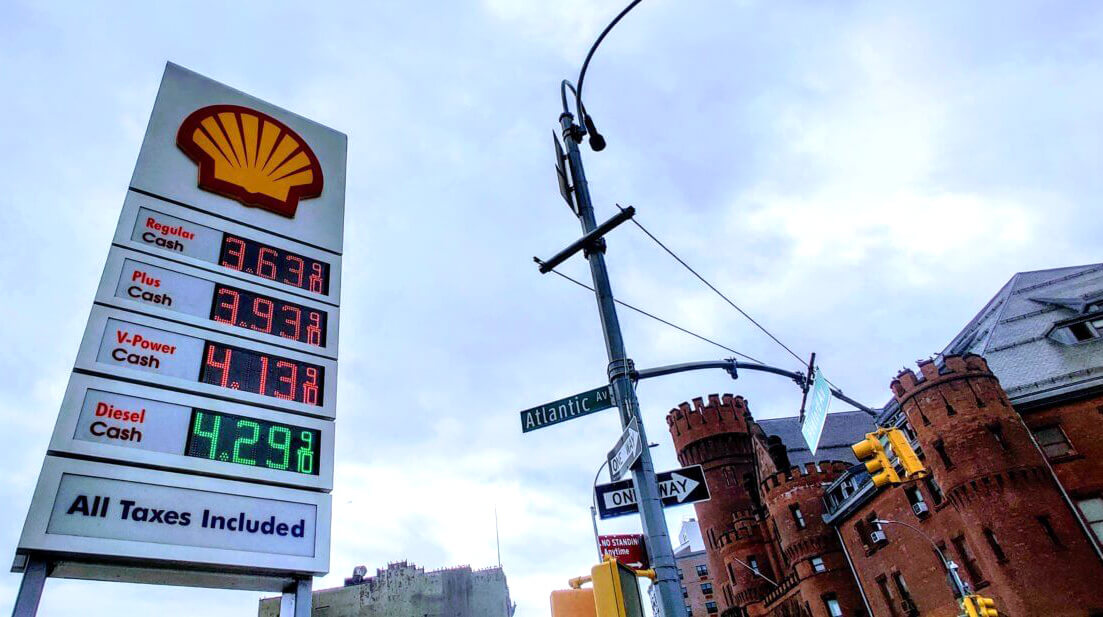
“I think the biggest factor is right off the bat, you have to look at this through the prism of Covid. There were massive rent decreases as the pandemic went on,” Korchak noted. “But we are seeing massive increases in expenses also.”
Korchak said that her property taxes have gone up this year, and the city never provided comprehensive property tax relief as the state and federal government did toward evictions and mortgage payments. She said that between a third and half of rent revenue is spent on property taxes alone every year. Many other costs have gone up as well, including her insurance bill, which has increased 48 percent since last year (compared to single digits normally), along with her utility bills. Her gas bill is up 40 percent since 2019 and her electric bill up an eye-popping 200 percent.
“It’s unsustainable,” Korchak said. “We live in a world where the landlord is vilified constantly. But other businesses, when they have rising costs, what they charge customers goes up. And we just don’t get looked at in the same kind of lens. But the reality is we do have these crazy massive increases, and how are they to be paid.”
But housing is the single biggest expense for the vast majority of households, and significant rent increases can lead to either displacement or, if not that, significant dips in quality of life for tenants dealing with them.
Andy Mines, a guitarist living in South Williamsburg with a fellow musician roommate, said that his landlord jacked up his rent by $600, from $2,100 to $2,700 when he signed his new lease for 2022. He moved in last January, taking advantage of the pandemic price decrease to downsize from two roommates to one, and noted that when he signed, the landlord had noted that the price was low because of Covid, but when pressed they were told that the rent was not likely to immediately jump back to pre-pandemic levels the following year.
With little recourse so soon before the lease was up, Mines and his roommate opted to re-sign at the higher rate. But the decision has had significant ramifications on Mines’ life and finances.
Most notably, Mines had to quit his job at a music school, and leave behind his 17 guitar students, because he couldn’t afford his new rent on his old salary.
“I almost had to hire a lawyer to arbitrate to get out of the contract,” Mines said. “I said look, I know I’m under the year contract, but I have a crazy situation where my rent went up 30 percent and I can’t pay my rent with what this school pays me.”
He’s now working at a new school with higher pay, but has to work more.
“It was definitely hard to say goodbye to the students,” he said. “It’s been tough having to adjust, this isn’t the year I thought I was gonna have, but now I just have to put in a lot more work.”
Ethan Kogan, a fellow musician who lives with a roommate in Bushwick, said that the landlord at his building on Hart Street asked for $3,600 in rent upon his February 1 lease renewal — up more than $1,000 from the $2,200 he and his roommate leased the place, with a basement perfect for practicing music, for in February 2021. The landlord allowed them a six-month extension which lets them stay in the apartment at current rent until August, but a condition of the extension was that rent would go up to $3,600 upon the start of the new lease.
“I’ve considered it, but honestly, it’s highly unlikely that I will be able to stay,” Kogan said. “I’d be paying $700 more, it’s rare that people make that jump.”
“We’re excellent tenants, we pay rent on time without fail, we keep the place nice,” Kogan continued. “And we’re being priced out within a year. It’s an absolutely mind-boggling rent increase, nobody I know has ever had a 63 percent rent increase.”
Kogan says his landlord told him that the rent needed to be raised because the building’s proprietors were struggling throughout the pandemic, especially as rents plummeted, but he hardly empathizes, arguing that it’s a question of profits versus displacement.
“It’s a completely different situation for him to be hurting and for me to be hurting,” Kogan noted. “For his bottom line to be hurting versus my ability to just make a few gains and start building a little bit of savings or even safety.”
The case for ‘good cause’
Landmark reforms to the state’s rent laws, enacted in 2019, put in place significant barriers to a landlord’s ability to evict a rent-stabilized tenant, including through preferential rents, vacancy decontrol, and rent increases associated with major capital improvements. All of those loopholes allowed landlords to raise rents on regulated units well beyond the percentage increase allowed in a given year by the Rent Guidelines Board, and frequently led to displacement.
Unregulated tenants, on the other hand, have few if any legal protections from massive increases. The Rent Guidelines Board notes only that under the 2019 reforms, landlords are required to provide notice to unregulated tenants if their rent will increase by at least 5 percent, with an increasing number of days notice required the longer a tenant has lived in the apartment. Otherwise, it’s essentially a free-for-all.
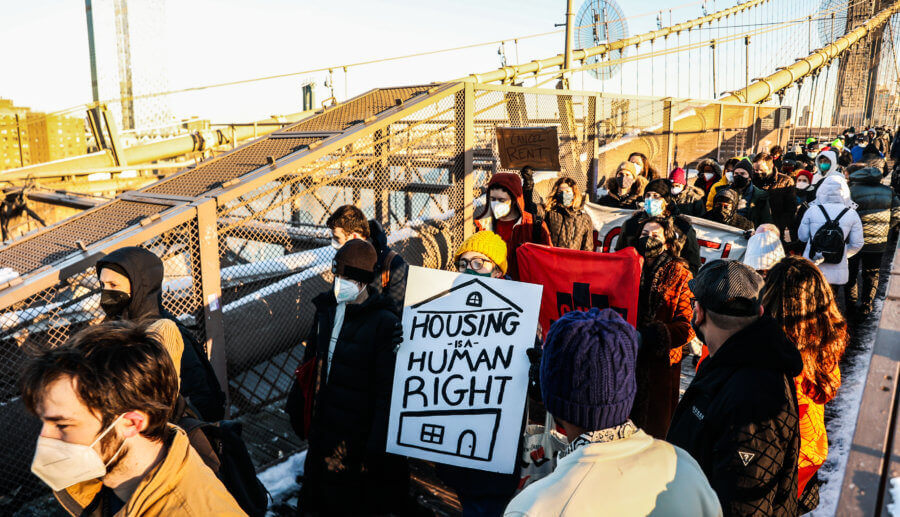
“It’s not about recouping losses. A lot of people are moving into the city, so they are deliberately displacing old tenants to bring new tenants in,” said Amadi Ozier, an organizer with the Crown Heights Tenant Union. “If developers recognize an opportunity to displace poor New Yorkers, they’re gonna do it.”
Advocates with Crown Heights Tenant Union and other housing advocacy organizations are pushing hard for the state legislature to pass “good cause eviction,” which would prohibit landlords from evicting tenants unless they have “good cause” such as nonpayment or being a disruptive tenant. More crucially, the bill also caps rent increases for all rental housing across the state at 3 percent, and prohibits eviction for nonpayment of “unreasonable” bills beyond that threshold. The bill has support from the majority of Democrats in both the Assembly and Senate, but landlords have spent millions of dollars lobbying to prevent the bill’s passage.
Korchak, on the other hand, says that to reduce the cost of housing, the city should reform its regulatory framework that skyrockets the cost of doing business in New York, as a landlord or otherwise. She also thinks the city should be building a good deal more housing.
“We don’t have enough housing at every level,” Korchak said. “Low-income housing, supportive housing, working family housing, student housing. That’s a big macro issue, and that’s the problem. We have so little housing because of decades of poor planning.”
To Mines, one of the most hurtful things about his situation is that his loyalty to New York City when things got tough was not rewarded, and in fact, the market is now “correcting,” seemingly for the benefit of those who left in the first place.
“I think the thing that’s messed up is like, I’ve been in New York City, shopping at New York restaurants, New York grocery stores, chatting up my deli owner Choco, going to my pizza friend Giuseppe,” Mines said. “I didn’t leave during the pandemic when things got tough. We were definitely loyal to the city when things got tough. Now when people have fatter wallets, we’re not being supported. It definitely feels very conditional.”
Editor’s note: A version of this story originally ran in Brooklyn Paper. Click here to see the original story.
Related Stories
- Brooklyn ‘Starter’ Homes Scarce as Real Estate Prices Hit New High in Borough
- Brooklyn Townhouse Sale Prices Jump Almost 30 Percent in the Third Quarter
- More Renters Signing Leases in Brooklyn, While Rents Edge Closer to Pre-Covid Levels
Email tips@brownstoner.com with further comments, questions or tips. Follow Brownstoner on Twitter and Instagram, and like us on Facebook.

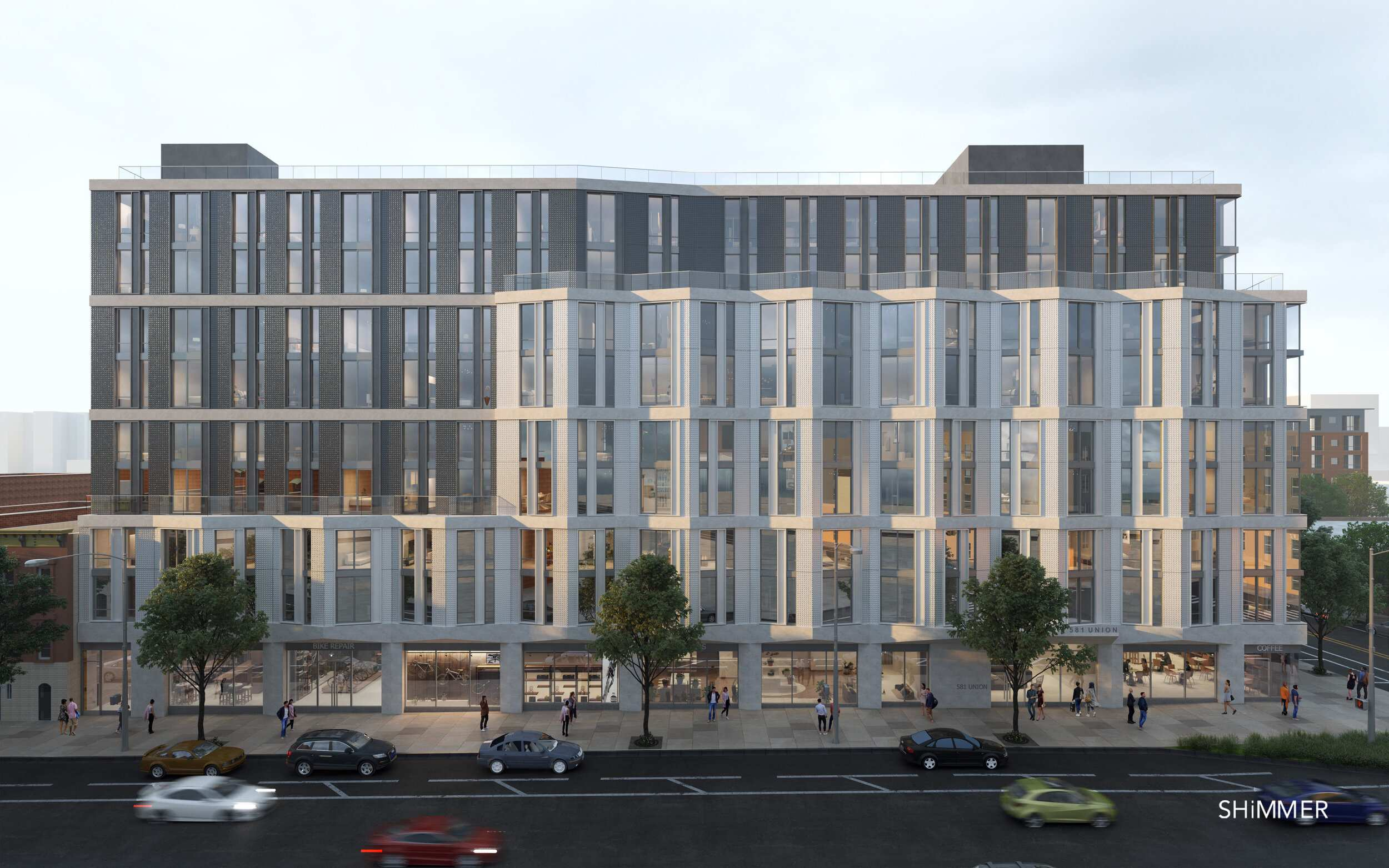
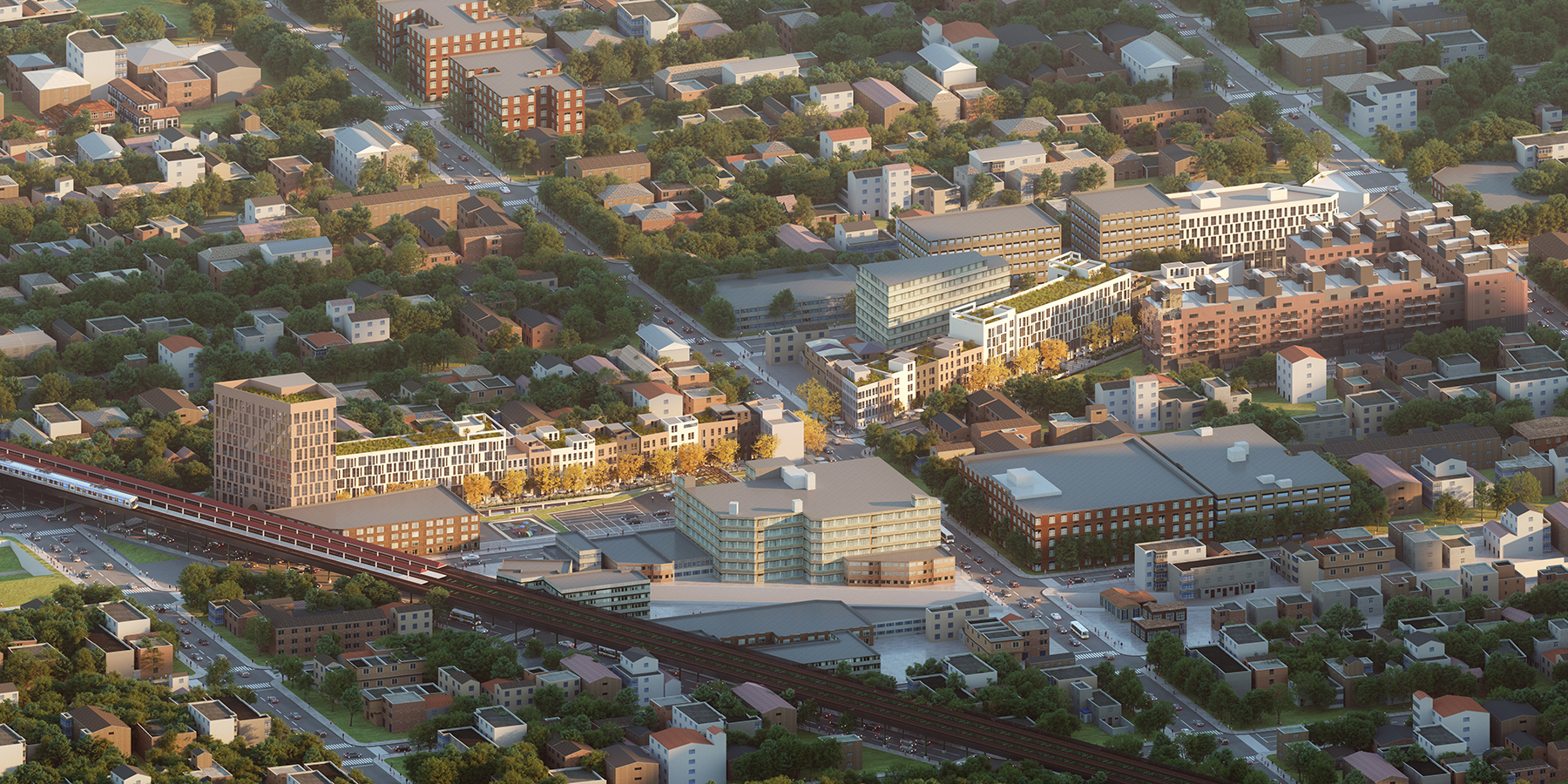
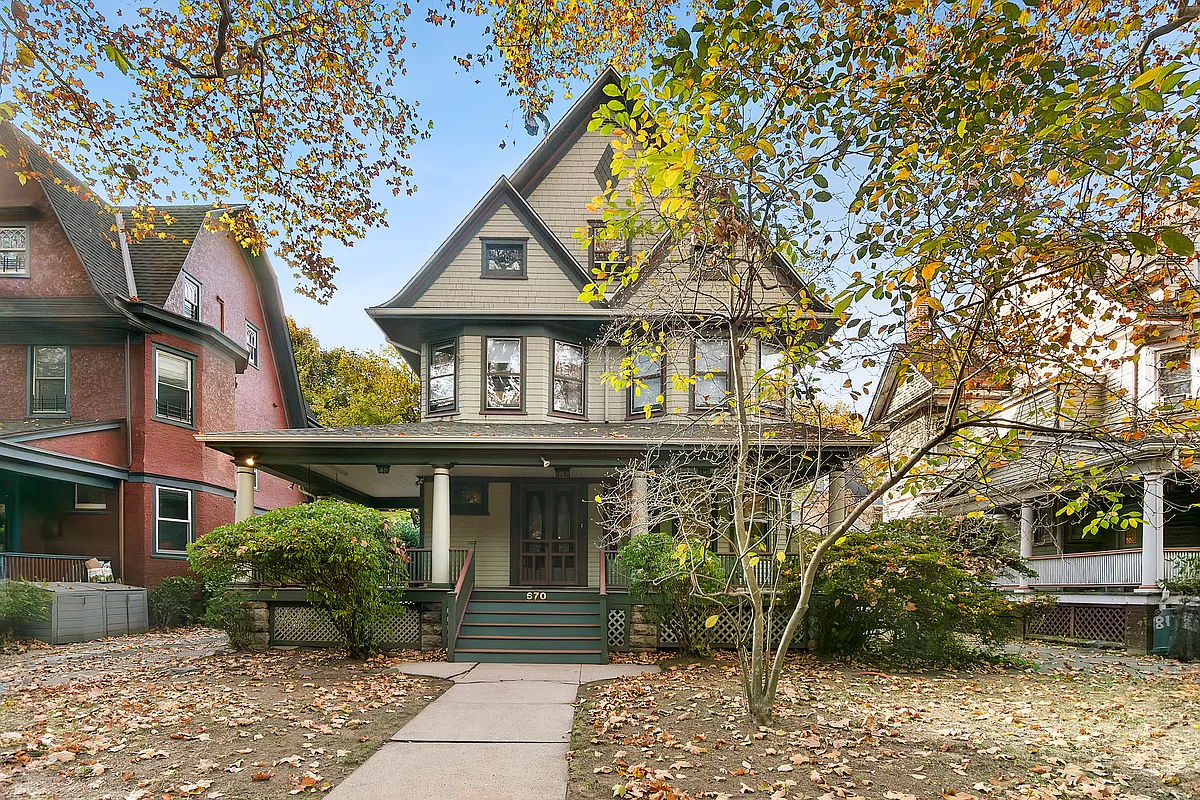
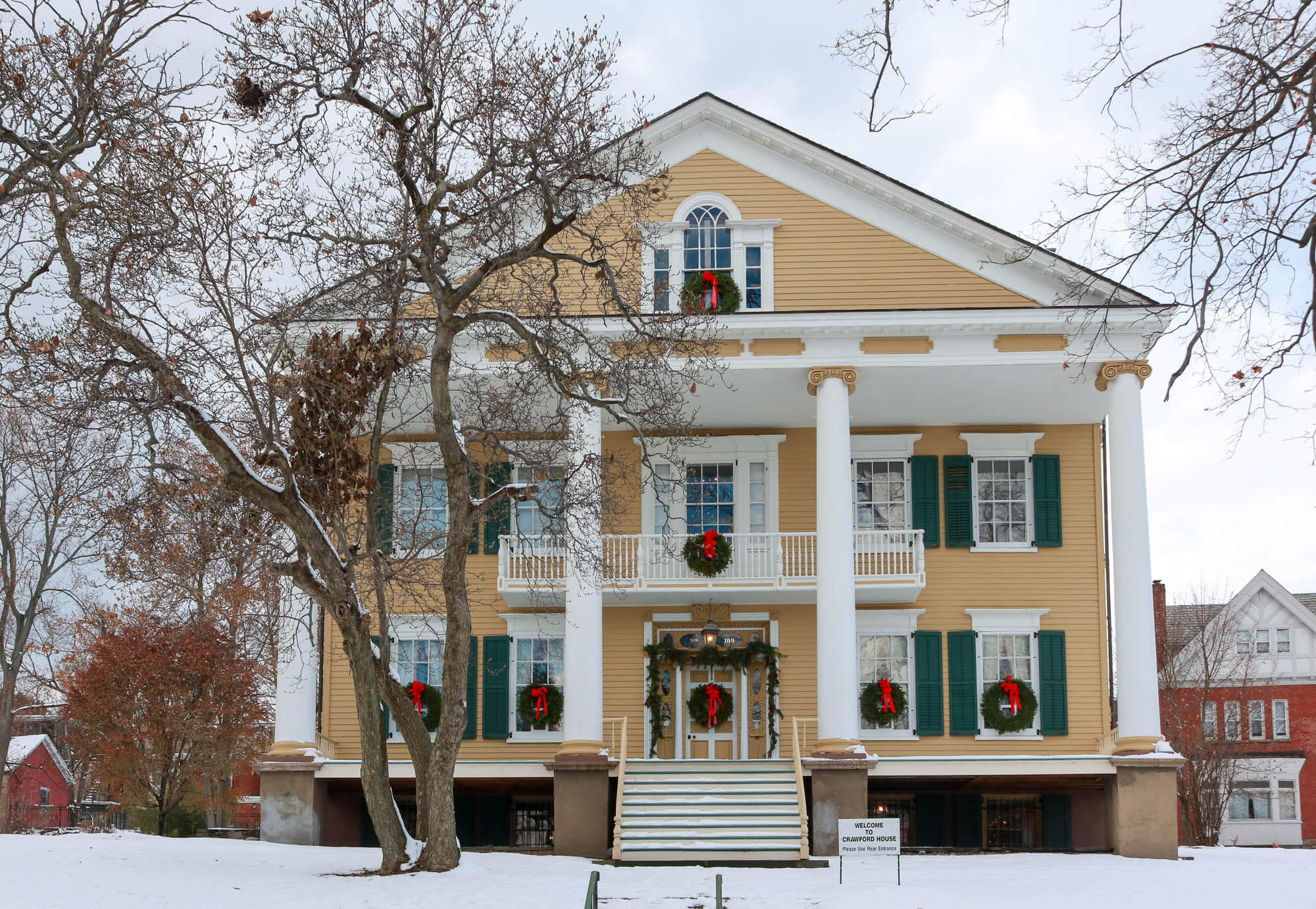




What's Your Take? Leave a Comment